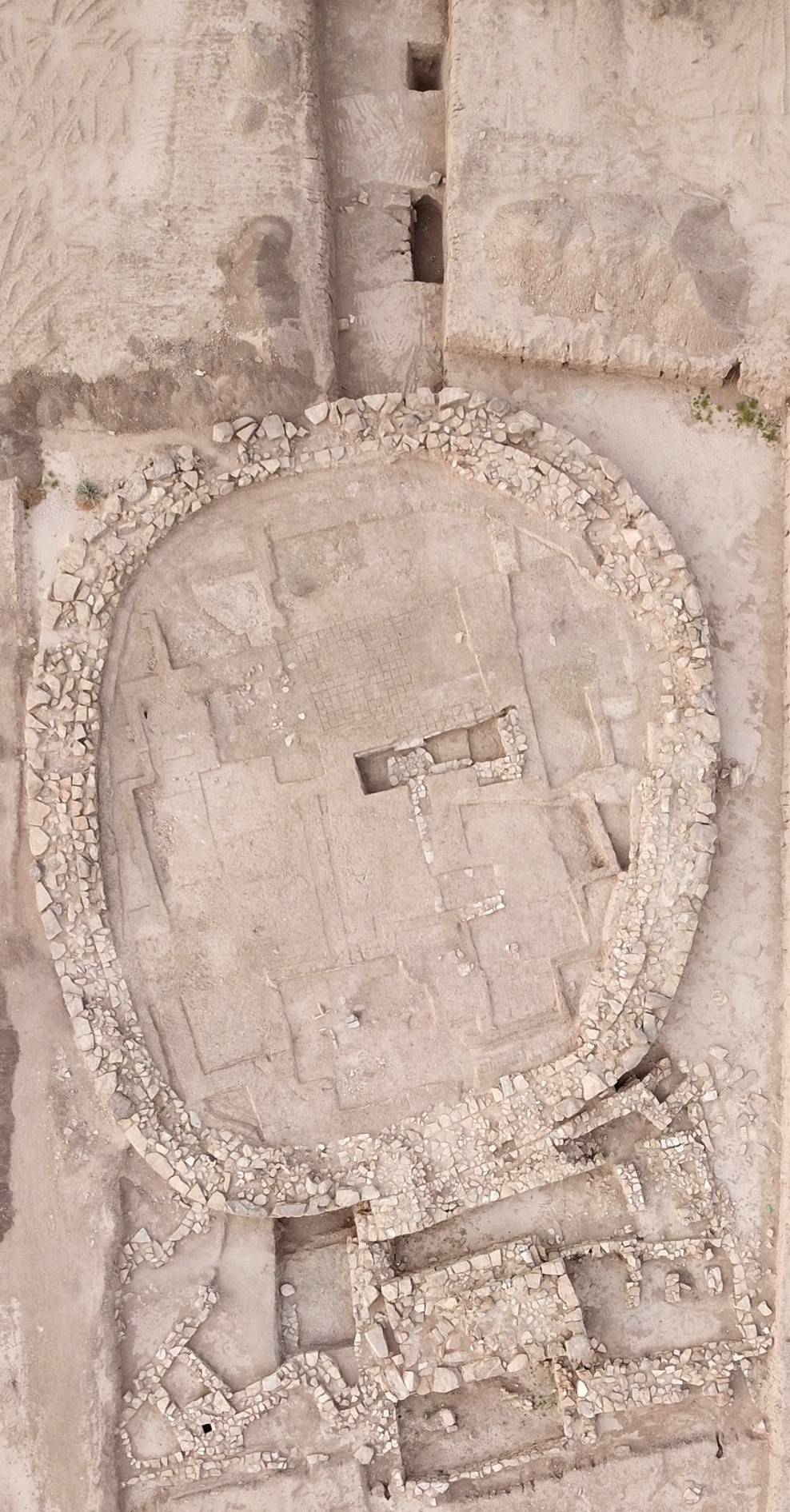
Muscat: The Ministry of Heritage and Culture has begun work at 22 projects across the Sultanate in order to uncover parts of Oman’s rich history, including ancient spires, moats, and artefacts. The work will include archaeological excavation, as well as analysis of animal behaviors and the various teams scanning timeless archaeological locations and ancient caves.
A statement by the ministry read, "The ministry has begun archaeological work for the season of 2018-2019 on 22 projects all over the Sultanate."
The first of these projects is Dibba in Musandam, which was first uncovered in the year 2012. Work for this project includes mining in ancient, Iron Age tombs.
HD1 in Sur was discovered in the nineties and is over five thousand years old. According to the statement, the site contained, "Many shards from clay pots that originate from the Harappa people in ancient India, as well as beads and old tools made from shells."
In Midhmar in Adam and Saloot in Bahla, sites that are both present in modern-day Dakhiliyah, the ministry will continue to excavate the sites. In Midhmar, previous excavations have uncovered copper artefacts, and the goal this year is to discover the aim of the ruins’ construction, as well as to create a protection plan for the site. In Saloot, work will continue on the massive ST-2 site, where previous seasons revealed a moat, as well as two buildings outside the original spire.
Another project is Laziq in al Mudhaibi, which “goes back to the year 1,000 B.C. Work will continue over a five-year period,” the statement said, adding that the goal of this project is to “understand early civilisations in the area as well as the Iron Age period.”
Other than excavation work, the ministry is also working to analyse “social and environmental structures of ancient tribes, as well as foliage covers and agricultural systems in ancient times in order to discern their affects on local communities in the Dhofar governorate.
“This season, the mission will scan and collect samples from rock badgers indigenous to Dhofar, in the dry areas North from Wadi Dhahboon. They will also observe the animals to discern the feeding patterns of herds in order to infer the foliage cover present thousands of years ago.”
These projects will be coordinated with help from local and international institutions, such as universities from Oman, Britain, Germany, Italy, USA, France, Holland, Poland, the Czech Republic, and Japan.